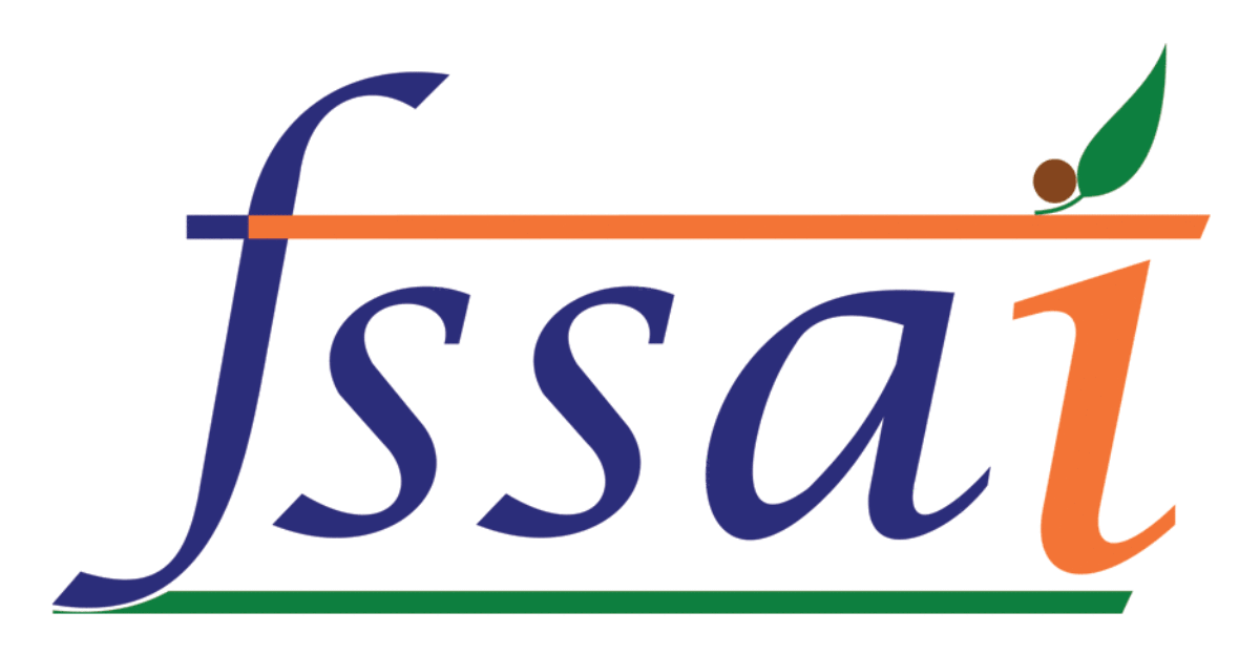


In a world where food choices are diverse and abundant, ensuring the safety and quality of what we consume becomes paramount. This is where the Food Safety and Standards Authority of India (FSSAI) steps in. Let's embark on a journey to unravel the significance of FSSAI and understand its pivotal role in securing our food supply.
People Also Read: What has better Sound Quality Spotify or Apple Music?
| Year | Registered | Licensed |
| 2020 | 1,500,000 | 500,000 |
| 2021 | 1,800,000 | 600,000 |
| 2022 | 2,000,000 | 700,000 |
| Year | Imported Products | Rejected Products |
| 2020 | 5,000 | 200 |
| 2021 | 6,500 | 250 |
| 2022 | 7,800 | 180 |
FSSAI doesn’t just stop at formulating standards and regulating imports; it also actively promotes awareness and compliance among food businesses and consumers. Through workshops, training programs, and public campaigns, FSSAI empowers stakeholders with the knowledge needed to maintain food safety.
With the world rapidly advancing, FSSAI embraces technology to enhance its efficiency. The introduction of online licensing and registration processes streamlines the compliance journey for businesses, making it more accessible and efficient.
FSSAI remains vigilant to emerging challenges such as food adulteration and contamination. Collaborating with research institutions, FSSAI continuously updates its standards to stay ahead of evolving threats to food safety.
In a nation where food is an integral part of culture and daily life, FSSAI stands tall as the guardian angel of our culinary experiences. By setting stringent standards, regulating the industry, and promoting awareness, FSSAI ensures that every bite you take is not just delicious but also safe.
In a nutshell, FSSAI is not just an acronym; it's a commitment to the well-being of every Indian. As we celebrate the diversity of our cuisine, let's also appreciate the unsung hero working behind the scenes to make every meal a safe and delightful experience.
FSSAI, or the Food Safety and Standards Authority of India, is a regulatory body that ensures the safety and quality of food products in India. It is crucial for consumers as it sets standards, regulates the food industry, and promotes awareness to guarantee that the food we consume is safe and of high quality.
FSSAI plays a pivotal role in regulating the import of food products by implementing stringent checks and inspections at ports. This ensures that imported goods comply with Indian standards, preventing the entry of substandard or contaminated food into the market.
FSSAI mandates that all food businesses, regardless of size, obtain a license or registration. This process ensures that businesses adhere to prescribed standards, creating a safer environment for consumers and promoting accountability within the food industry.
FSSAI has embraced technology to enhance its efficiency, introducing online licensing and registration processes. This technological integration streamlines the compliance journey for food businesses, making it more accessible and efficient.
FSSAI remains vigilant to evolving challenges such as food adulteration and contamination. Through collaborations with research institutions, it continuously updates its standards to stay ahead of emerging threats to food safety, ensuring a proactive approach to safeguarding public health.

South Korea is like a cool mix of old

You might not think of Luton immediat

Cancun, just saying it makes you thin

The USS Enterprise is like a supersta

Woolworths, a beacon in the retail la

In the vast sea of credit card choice
Trash to treasure: How Google thinks
Spring Fashion Show at the University
Matter of Impact: April updates from
Android Enterprise security delivers
We are not gonna make spamming
Copyright By@TheWebTrends - 2023
BACK TO TOP